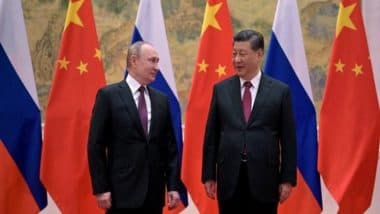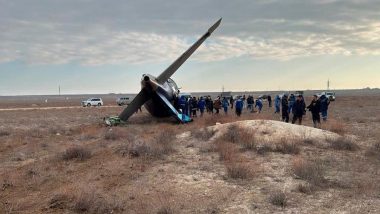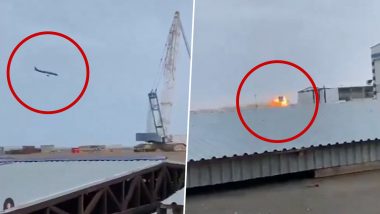Tashkent, Oct 18 (AFP) Russian President Vladimir Putin starts his first state visit to Uzbekistan under new leadership on Thursday as the Kremlin attempts to recalibrate a once thorny relationship with billions of dollars in business deals.
The last time Putin jetted off to ex-Soviet Central Asia's most populous republic in 2016, Uzbekistan was in the throes of political uncertainty following the death of long-term ruler Islam Karimov.
Now the two countries are preparing to sign contracts worth over $20 billion, more than half of which will be for an atomic power station built with Russian financing in the west of the country.
Karimov, an obstinate authoritarian wary of Moscow's influence became Uzbekistan's paramount leader even before the country's formal independence from the Kremlin in 1991.
More than two years after his death, his protege Shavkat Mirziyoyev, has used significant political and economic reforms to position himself as the republic's undisputed leader.
While publicly Mirziyoyev has honoured Karimov's memory he has also abandoned some of his predecessor's more repressive policies while projecting an image of a country more open to foreign investment and tourism.
Despite the pair meeting in Moscow last year, the two-day visit carries special significance for both men, according to Konstantin Kalachev, head of the Moscow-based Political Expert Group think tank.
"For Putin it is important to show he has partners. For Mirziyoyev it is important to show how respected he is in Moscow," Kalachev told AFP.
In the long-term, Kalachev said, Moscow's aim will be to turn Uzbekistan "from a partner into an ally."
The trip offers an opportunity for Moscow to reinforce its economic clout in the Muslim-majority country of 32 million whose main export to Russia remains people - around two million Uzbeks are estimated to be working or seeking work there. They are a key source of hard currency remittances back home in Uzbekistan.
The high point of Putin's visit is likely to be a groundlaying ceremony for the nuclear power plant.
The project is worth USD 11 billion and is expected to come online in 2028, according to Putin's foreign policy aide Yury Ushakov, who called Uzbekistan the Kremlin's "strategic partner" in the region.
The plant has "breakthrough" importance for Uzbekistan, according to Bakhtiyor Ergashev of the Ma'no Centre for Research Initiatives in Tashkent.
It will be the first of its kind in Central Asia, where attitudes to nuclear power have been shaped by the Chernobyl nuclear plant tragedy and atomic weapons testing in the steppes of Uzbekistan's neighbour Kazakhstan.
The nadir in relations between Russia and Uzbekistan came about in 2012 after Tashkent walked out of the Collective Security Treaty Organisation (CSTO), a Moscow-led military bloc that now consists of six ex-Soviet members.
Relations picked up towards the end of Karimov's reign, however, and have been lifted to a "new level" by investment-hungry Mirziyoyev's ascent to power, according to Ergashev.
Nevertheless, that doesn't mean Uzbekistan will be rushing to re-join the CSTO or other Moscow-led blocs, he said.
Uzbekistan's foreign policy remains based on "keeping equal distance from the main centres of global power", of which Moscow is one, Ergashev told AFP. (AFP) MRJ
(This is an unedited and auto-generated story from Syndicated News feed, LatestLY Staff may not have modified or edited the content body)








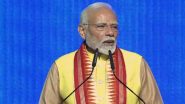

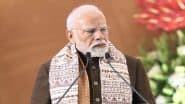


 Quickly
Quickly









